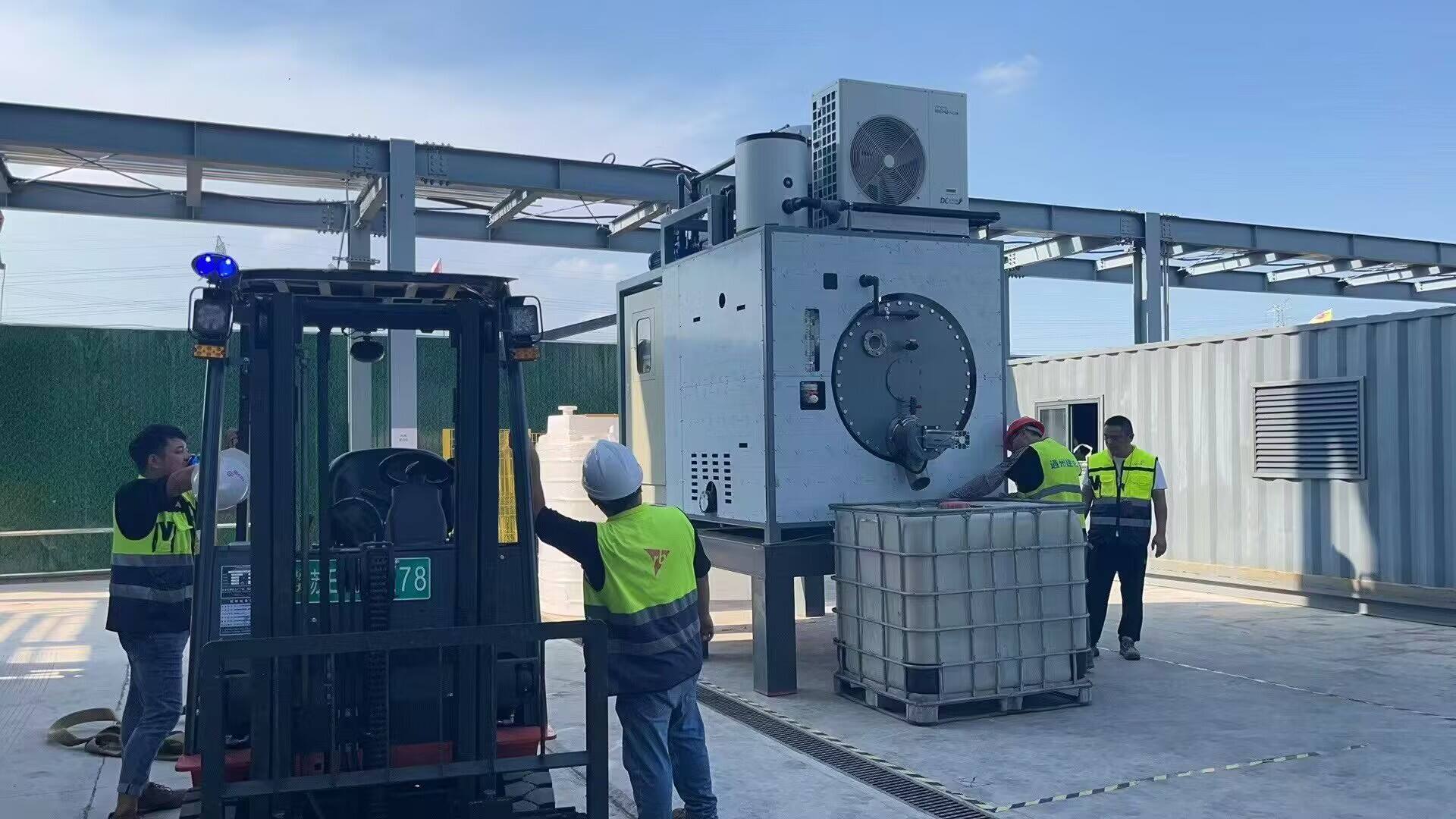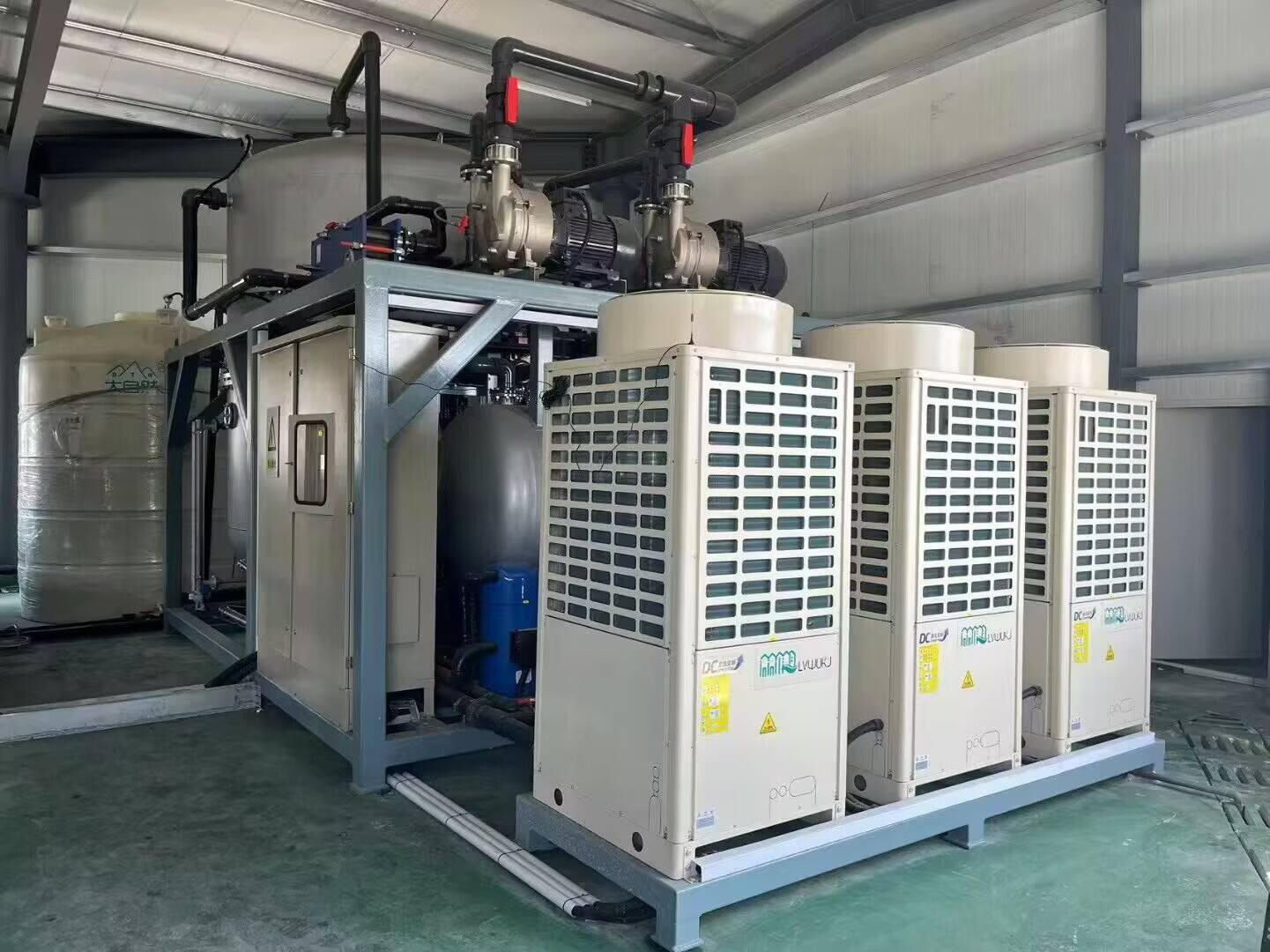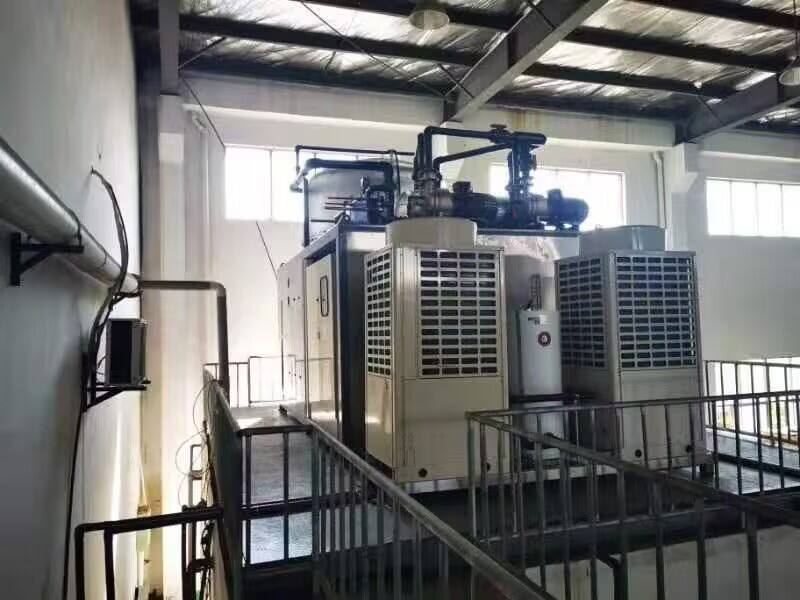vacuum evaporator price
Vacuum evaporator price considerations reflect the sophisticated technology and efficiency these systems offer in various industrial applications. The cost structure typically encompasses the core unit, auxiliary equipment, installation requirements, and operational specifications. Modern vacuum evaporators are available across different price points, ranging from compact laboratory-scale units to large industrial installations. The pricing generally correlates with processing capacity, ranging from 100 to 10,000 liters per day, and the level of automation incorporated. Key factors influencing the price include material of construction (such as stainless steel grade), heat exchange surface area, and vacuum system specifications. Additional features like advanced control systems, data logging capabilities, and energy recovery systems can impact the final cost. Manufacturers often offer customization options, allowing businesses to balance their specific needs with budget constraints. The return on investment is typically realized through reduced waste disposal costs, recovered valuable products, and lower operational expenses. When evaluating vacuum evaporator prices, it's essential to consider the total cost of ownership, including maintenance requirements, energy consumption, and potential upgrades. Most suppliers provide comprehensive service packages, warranty options, and technical support, which should be factored into the initial investment decision.


